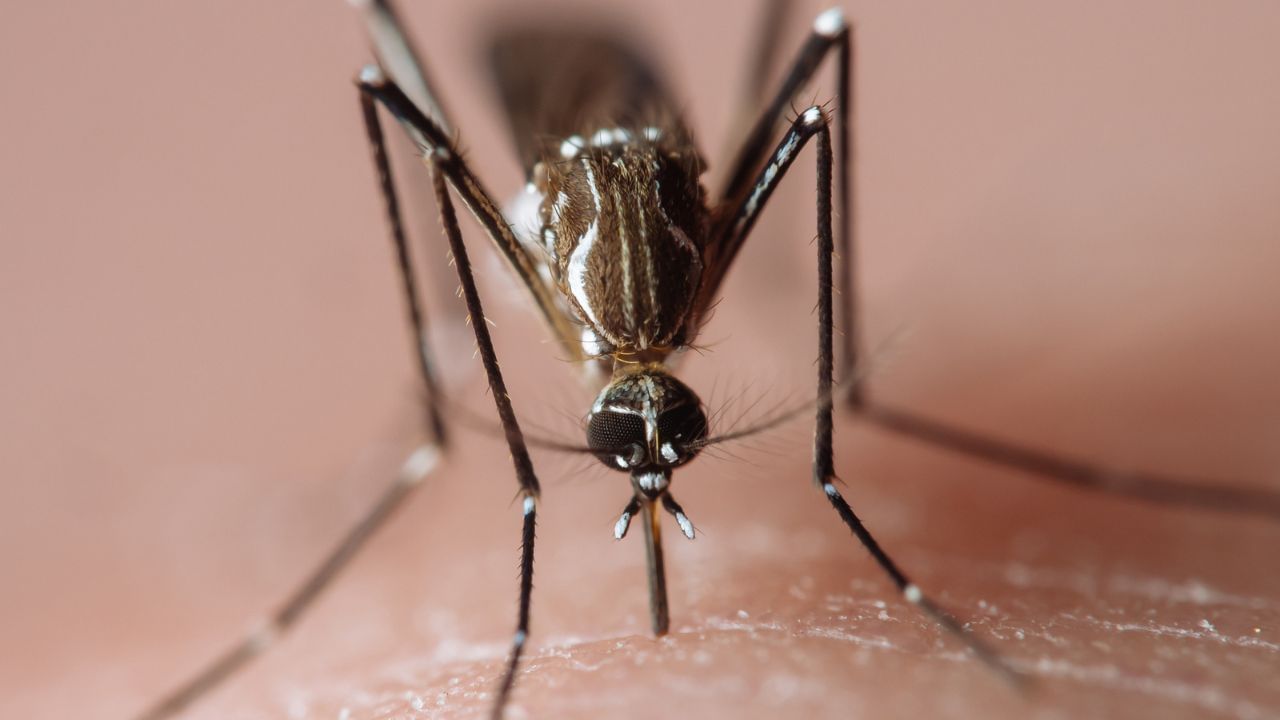How many days do the symptoms of dengue appear?Image Credit Source: Getty Images
Dengue symptoms: Dengue cases are increasing rapidly in many states of the country. This disease is a viral infection spreading from mosquitoes, which is seen the most in the rainy season every year. It can be dangerous to ignore dengue as simple fever, because it can prove to be fatal even if there is no treatment on time. According to the World Health Organization (WHO), every year millions of people are affected by dengue, most of which are reported in Asian countries. The disease is mainly spread by a mosquito bites called Aedes Egypt. Dengue virus reaches the number of platelets by reaching the blood, which reduces the immunity of the body. It is very important to identify the initial symptoms and contact a doctor on time so that the disease is not serious. Dengue prevention is possible only by precautions, as no special vaccine or medicine is available.
Dengue disease is spread by Aedes mosquito bites. This mosquito thrives in clean water and bites during the day. The risk of dengue is high in places where water is collected and stored for a long time, such as coolers, pots, old tires or open utensils. There is a high risk of dengue in children and the elderly because their immunity is weak. This infection can also be dangerous for pregnant women and people already suffering from any serious illness. The increasing number of dirt and mosquitoes in urban areas further spreads the disease. Moisture and continuous rain in the weather are the biggest reason for the spread of dengue. In such a situation, prevention and precautions on time are the most effective way to avoid this disease.
How many days after having dengue, its symptoms appear?
Dr. Subhash Giri in Medicine Department at RML Hospital It is said that the symptoms of dengue usually appear 4 to 10 days after mosquito bites. Initially, there is a mild fever or fatigue, which people often ignore as a normal viral, but gradually the fever increases and many serious symptoms begin to appear in the body. Dengue feels sudden high fever, headache, pain behind the eyes, pain in the muscles and joints. This is the reason why it is also called “Break Bone Fever”.
The patient may also have a problem of loss of appetite, nausea and vomiting. Red rashes on the body are an important sign of dengue identity. Many times bleeding starts coming from the gums or nose, which indicates the disease becoming serious. The most concern in dengue is due to low number of platelets. If not paid attention to time, the situation can turn into dengue hemorrhagic fever or dengue shock syndrome, which proves to be fatal. Therefore, it is necessary to check and get treatment immediately as soon as the symptoms are seen.
How to rescue
Do not allow water to collect at home and around.
Clean the cooler, pot and tank regularly.
Protect children from wearing half -arm clothes.
Use mosquito nets and repellent.
Fake the windows and doors.
Take more precautions during the rainy season.
Instead of taking medicine from yourself in the event of fever, contact the doctor immediately.
